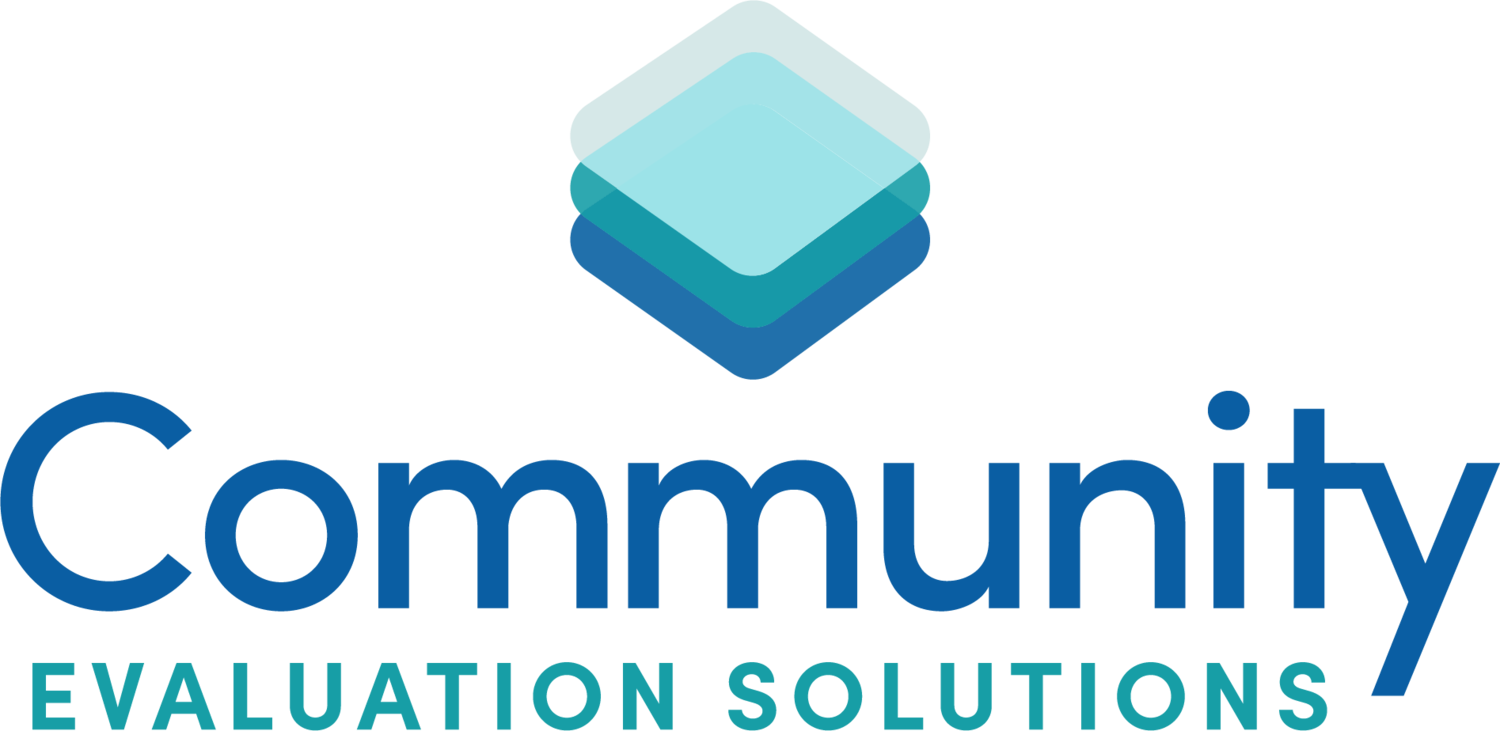Look Closer, Dig Deeper
This happened yesterday………
I got into my car and there was, well, an odor. Man, I thought, is the trash in the garbage can in the garage that bad? But by the time I got to the grocery store it was still bad! It smelled like something had died in my trunk. Sorry if I am grossing you out.
I looked in my trunk and didn’t see anything. So, I grabbed my reusable shopping bags and went inside.
Thirty minutes later, the young woman bagging my groceries looked at me and asked, “Is this yours? It’s kind of warm.” In her hand was the deli meat I bought a week ago. I know, disgusting!
Apparently, I missed it at the bottom of the bag when I unloaded the groceries.
Why am I telling you this? Because sometimes we miss looking deeper.
Yesterday I asked a group of leaders what they thought were the root causes of the issues that their community is facing. I often ask this, or a similar question of community coalition leaders. For example, I might ask, what changes do you want to see in the people you serve?
Frequently I hear something, like…………
· People just don’t want to work.
· Families should teach their children more responsibility.
· Parents need to be more involved.
· Kids today just don’t try hard enough in school.
These kinds of things are assumptions, friends, not root causes.
If we really want to make a difference, we must get to the root causes of the challenges people face.
Take a moment and consider the program you are running right now. Try the 5 Why Exercise with your community group. Here is an example. Maybe your coalition is working to prevent underage drinking.
You might start with the question, Why do teens in our high school drink? Let your coalition mull this question over.
1. Answer: Teens feel a lot of pressure to drink. Then ask, Why?
2. A: They have unrealistic assumptions of the number of their peers that drink? Why?
3. A: They see their peers drinking at football games. Why?
4. A: Teens sneak in alcohol to games. Why?
5. A: It is easy to bring alcohol into games.
You could even take this a little further. But now you are getting to a possible root cause. Mind you, there might be several root causes and if you have a group of people, you might get a lot of answers to explore. But hopefully you can see that after asking Why 5 times, possible solutions start to emerge. Focusing on policies, systems, and environmental causes of the things we care most about is what we want to get to.
Try this with your community group. Bonus points if you involve community members in your 5 Why exercise!
You might just find, as I often do, that this process gets your group out of blaming mode and into real solutions that make a difference.
Let me know how it works.
Ann
P.S. I will be speaking at the Root Cause Coalition Summit this December! Will I see you there?

